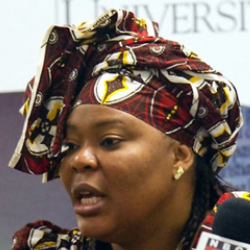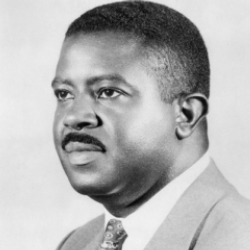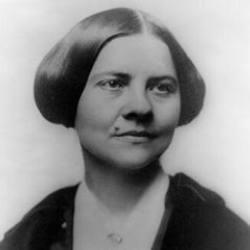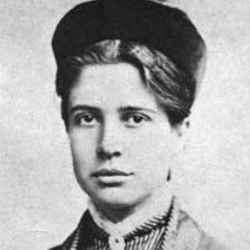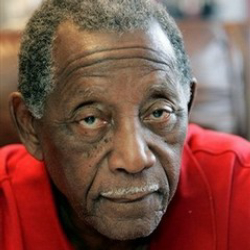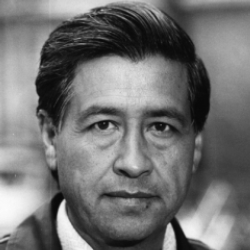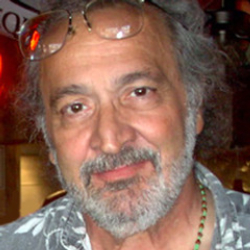Leymah Gbowee Quotations
Leymah Gbowee Quotes about:
-
-
-
-
-
-
-
-
-
-
-
-
-
-
-
-
-
-
-
-
-
-
-
-
-
-
Stupid Quotes
It's insulting when outsiders come in and tell a traumatized people what it will take for them to heal... People who have lived through a terrible conflict may be hungry and desperate, but they are not stupid. They often have very good ideas about how peace can evolve, and they need to be asked. That includes women. Most especially women.
-
Speaks Out Quotes
Sometimes, people call my way of speaking ranting. Why are you always ranting and screaming, they ask. But here’s the thing…the reason why I rant is because I am a voice for many women that cannot speak out to heads of state, UN officials, and those that influence systems of oppression. And so I rant. And I will not stop ranting until my mission of equality of all girls is achieved.
-
-
-

